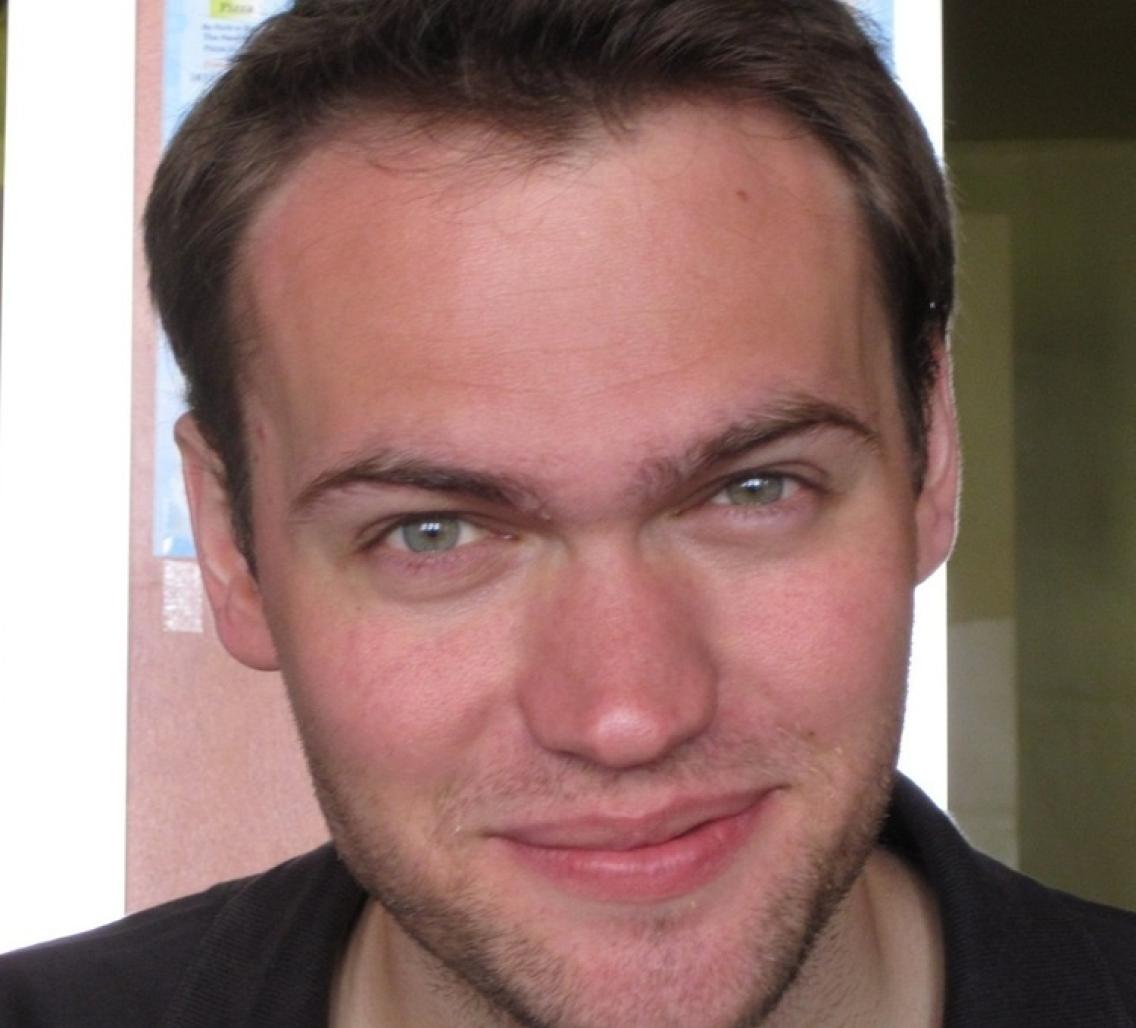Event Details:

John Kochalka is a PhD student in both Deisseroth & Druckmann laboratories. He will talk about spontaneous activity that adaptively biases perceptual decisions.
Perception is reality – our experience of the world is not veridical but rather emerges from neural circuits that filter and transform incoming sensory information as it propagates up the cortical hierarchy. Through their structure and ongoing activity, these circuits can encode prior knowledge as well as context-dependent beliefs that in turn influence the percepts evoked by sensory stimuli. While a great deal is known about the feedforward mechanisms subserving sensation, relatively little attention has been paid to the roles of ongoing activity and top-down modulation by higher-order cortices in shaping perceptual content. Here, we utilize both large-scale and two-photon calcium imaging in mice performing a novel visual detection task to illustrate how behaviorally relevant expectations are encoded in the pre-stimulus spontaneous activity of both primary visual (V1) and retrosplenial cortices (RSC). Further, using intersectional circuit targeting combined with optogenetics we demonstrate that inhibiting V1-projecting neurons in RSC induces perceptual biases. Taken together, our findings suggest a circuit mechanism whereby memories and expectations influence visual perceptions.